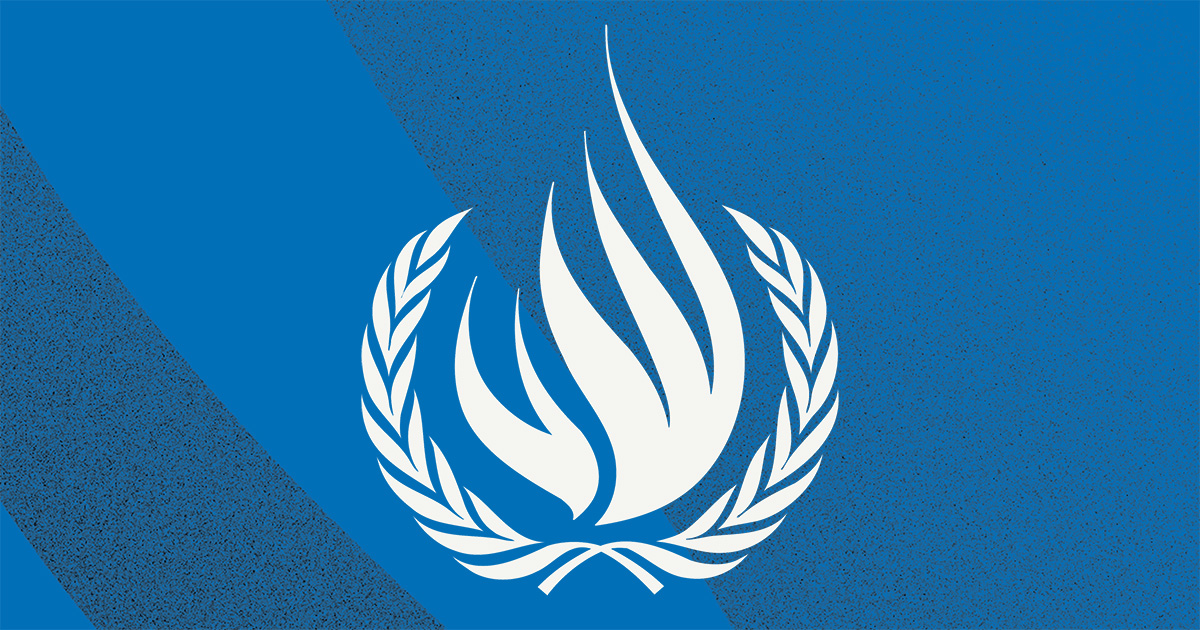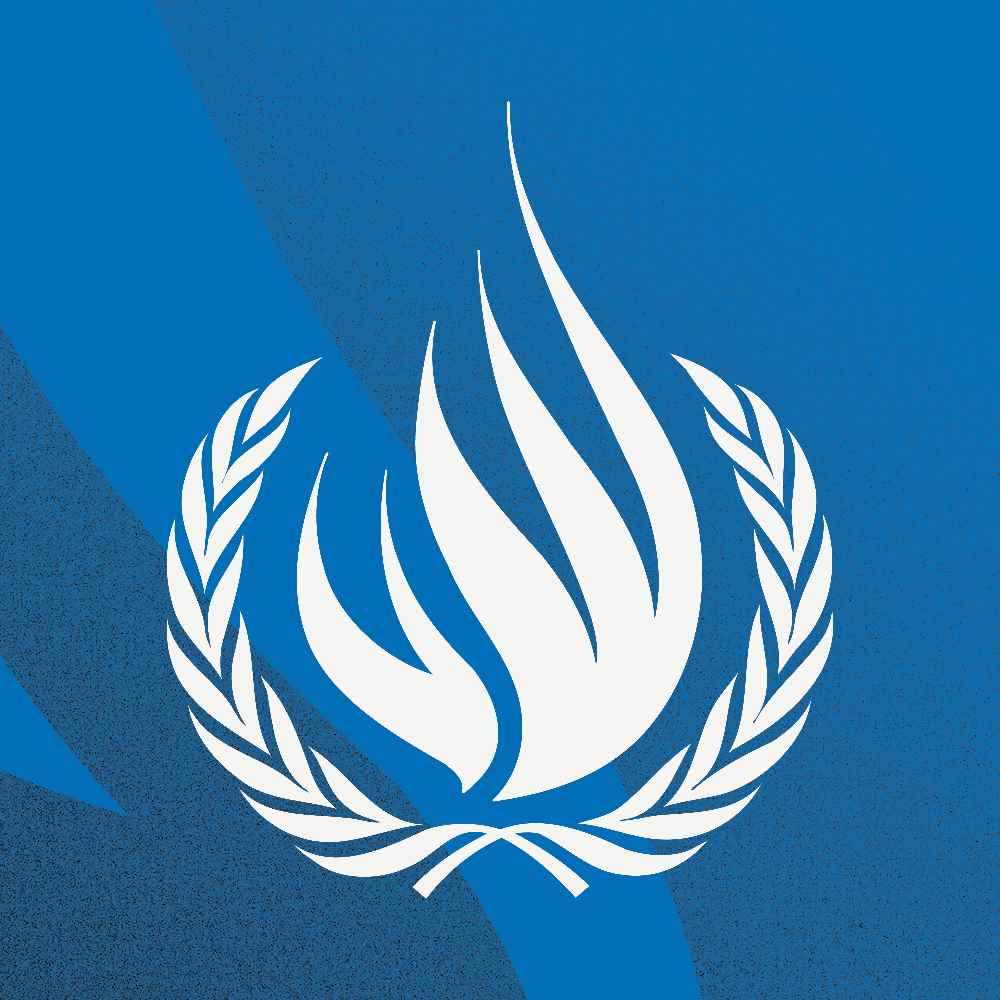
NEW YORK (20 October 2023) – Workers’ pay should reflect their contribution to society, a UN poverty expert said today, calling for wage increases for essential workers and pay caps for those in destructive industries such as financial trading, fossil fuels or tobacco.
“It is absurd that the jobs that are most valuable to others, especially people in poverty, such as care, charity work or health care, are among the lowest paid, while others are paid so handsomely for the social and environmental damage they create,” said Olivier De Schutter, the UN Special Rapporteur on extreme poverty and human rights, to the UN General Assembly in New York.
“It is time to flip this injustice on its head,” the Special Rapporteur said. “Governments should draw up lists of the most socially valuable professions and pay them accordingly, while also listing the professions where pay should be capped to mitigate their harmful side effects.”
In his new report, De Schutter names financial trading, fossil fuels, pesticides, plastics, tobacco and advertising as industries where salaries should be capped.
“In today’s job market, looking after others and the planet doesn’t pay,” De Schutter said. “I urge Governments to step in and correct course, building a future where economists can aspire to design programmes that help people out of poverty, instead of becoming traders; or architects can choose to build low-cost social housing, instead of mega mansions for the ultra-rich.”
De Schutter’s report finds that the minimum wage – earned by many who work in jobs that society depends on, such as food production, transport, cleaning and sanitation – is often not enough to keep these workers out of poverty, especially in the face of soaring inflation.
“More than one in five workers around the world now live in poverty, and this rise in the "working poor" is a major concern,” the expert said. “Low wages are driving in-work poverty, with global wage growth falling in early 2022 for the first time this century, even as corporate profits rise.”
The report attributes the persistence of low wages to the decline in full-time employment contracts, with many workers forced by employers into low-paid "casual" part-time contracts or misclassified as "self-employed", particularly in the gig economy. It also points to persistent violations of trade union rights over the past 30 years, which have undermined workers’ ability to negotiate higher wages.
The expert called on Governments to uphold their duty under international human rights law to ensure that all workers, including informal and migrant workers, receive a “living wage” – a wage that provides a decent standard of living for the workers and their families, or at least 60 per cent of the median wage in the country, whichever is the highest.
“It is time to end the scandal of poverty wages,” De Schutter said. “Only then will having a job be a viable route out of poverty.”
Read the report.
Mr. Olivier De Schutter (Belgium) has been the Special Rapporteur on extreme poverty and human rights since May 2020. He was appointed by the UN Human Rights Council and is part of the Special Procedures, the general name of the Council"s independent fact-finding and monitoring mechanisms that address either specific country situations or thematic issues in all parts of the world. Special Procedures experts work on a voluntary basis; they are not UN staff and do not receive a salary for their work. They are independent from any government or organisation and serve in their individual capacity.
For more information and media requests, please contact Sakshi Rai (+41 22 917 4258 / sakshi.rai@un.org).
For media enquiries regarding other UN independent experts, please contact Maya Derouaz (maya.derouaz@un.org) and Dharisha Indraguptha (dharisha.indraguptha@un.org)
Follow the Special Rapporteur: @srpoverty
Follow news related to the UN’s other independent human rights experts: @UN_SPExperts
Concerned about the world we live in?
Then STAND UP for someone’s rights today.
#Standup4humanrights
and visit the web page at http://www.standup4humanrights.org











